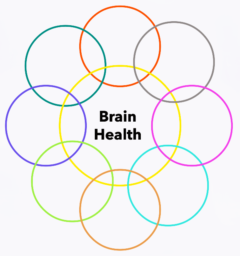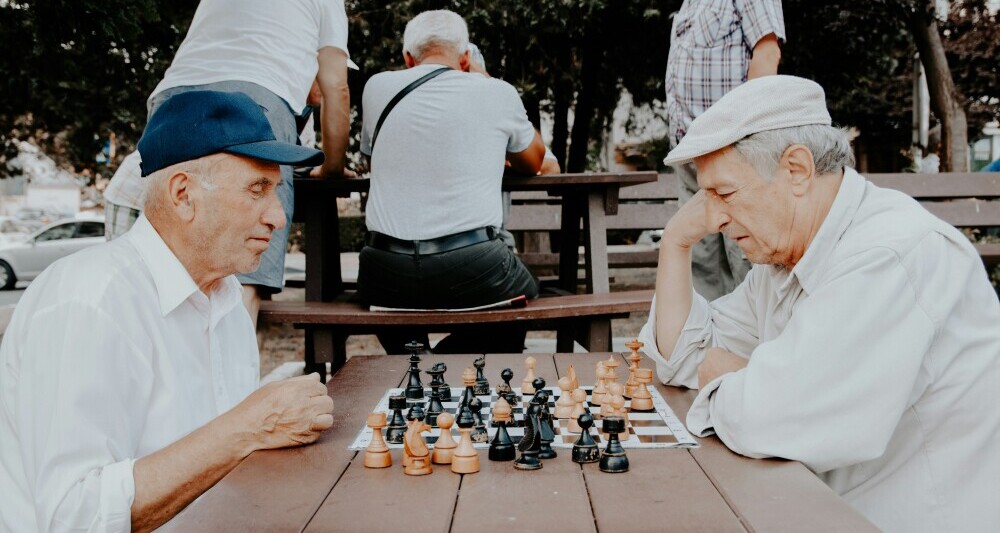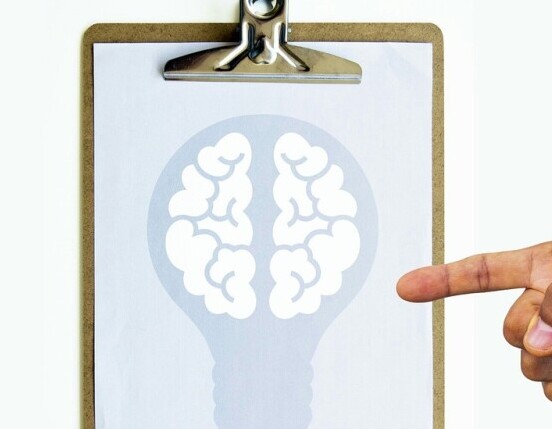The connection between brain exercise and brain health is something that’s been gaining attention over the years. It’s a scientifically backed approach to keeping our minds sharp. Brain exercise is about stimulating the brain by engaging in various activities that challenge our thinking, promote learning, and keep our neural pathways active.
Ever heard of the saying ‘use it or lose it’? When it comes to our brain, this couldn’t be more accurate. Our minds thrive on being challenged and stimulated. When we’re learning a new language or picking up a new hobby, we’re encouraging our brains to preserve and create brain cells and connections. Keeping these pathways open and active is key to preserving cognitive functions and enhancing what’s known as neuroplasticity—the brain’s ability to adapt and reorganize itself by forming new neural connections. This means that staying mentally active can boost brain power and enhance memory.
I am not a physician. So, while this content may be informative and supportive, it should not be used for diagnosing, examining, or treating any health issues, nor is it intended to replace the expertise and personalized care of a medical professional. This post is only for educational purposes based on my personal research and experience. See the Medical and Health Disclaimer at the bottom of this post.
In addition to preventing cognitive decline, it’s about maximizing the potential we naturally have. Engaging in mental activities encourages the production of brain-derived neurotrophic factor (BDNF), which supports the survival of existing neurons and encourages the growth of new ones, particularly in the hippocampus, the area critical for memory and learning.
Going beyond maintaining brain health; mental stimulation also enhances it in surprising ways. It supports cognitive reserve, which is the brain’s resistance to damage and decline. By regularly challenging yourself with new experiences and learnings, you not only keep your brain healthy but also prepare it to withstand potential challenges as you age. With each challenge, you’re laying down pathways that can strengthen and develop the brain, making it more robust and resilient against the effects of aging. So, whether it’s through learning a new language, mastering a musical instrument, or solving complex puzzles, keeping your brain engaged is vital.
Diverse Forms of Mental Stimulation: Building Cognitive Reserves
Mental stimulation occurs through a diverse mix of activities that challenge different parts of your brain. Learning new skills, for example, is a powerhouse for boosting your cognitive reserve. According to researchers at Harvard Medical School, “Cognitive reserve is developed by a lifetime of education and curiosity. It helps you offset the damage of brain diseases and function better in stressful situations.” Whether you’re mastering an instrument, cooking a new recipe, or diving into coding, these activities not only engage the brain but require sustained focus and adaptability, forcing your brain to grow and be resilient.
Reading and writing are classics in the realm of brain exercise. They not only improve vocabulary and comprehension but also stimulate imagination and critical thinking. Whether you’re reading a thrilling novel or jotting down your thoughts in a journal, you are giving your brain a workout.
Puzzles and brain games like Sudoku and chess are fantastic for sharpening problem-solving skills and memory response. These activities demand strategy, foresight, and creativity, making them excellent at keeping your thought processes agile.
Educational activities, including online courses or attending workshops, open your mind to new ideas and concepts. Creative hobbies—think painting, knitting, or even gardening—engage your brain in designing, planning, and executing ideas.
Social interaction is also crucial. Engaging with others in meaningful conversations can boost your mental and emotional health. It’s amazing how a simple chat over coffee or joining a community group can contribute to your brain’s well-being.
There is no shortage of ways to stimulate your brain, from meditation to travel and exploration to hands-on learning such as building projects or mechanics.
Incorporating a variety of these activities challenges your mind to create a robust cognitive reserve. Combining enjoyable and stimulating activities can multiple the benefits you experience. Some examples of effective combinations include:
- Learning + Physical Exercise: Learning a new skill while maintaining an active physical routine can significantly boost both brain and body health.
- Social Engagement + Creative Hobbies: Combining social interaction with creative pursuits keeps the brain engaged emotionally and cognitively.
- Puzzles + Meditation: Solving puzzles regularly while practicing mindfulness can help balance cognitive engagement with stress reduction, which protects overall brain health.
By incorporating a balance of these activities, you create a synergistic effect that benefits multiple areas of brain health.
The Science Behind Mental Stimulation: Enhancing Brain Functionality
Exercising your brain can actually change the brain’s structure and function. Science backs up the benefits of mental stimulation. At the heart of these benefits is the process of neurogenesis, which is the brain’s ability to grow new neurons. This is particularly vital in areas responsible for memory and learning. Activities encouraging learning and exploration can significantly enhance this process, making the brain more adept at handling cognitive tasks.
Neuroplasticity, or forming and reorganizing synaptic connections, is another critical benefit. Every time we learn something new or challenge ourselves with a mental task, our brains form new pathways. These pathways are like roads, and the more they’re used, the more efficient they become. This results in greater cognitive flexibility, which can improve problem-solving and adaptability.
Keeping the brain active is also a strong defense against cognitive decline. By regularly engaging in mental exercises, you can reduce the risk of conditions like dementia. Activities that require focus and strategic thinking, such as puzzles or strategy games, maintain brain sharpness and prolong cognitive vitality.
Beyond cognitive enhancement, mental stimulation also supports emotional well-being. When you immerse yourself in activities that challenge and interest you, it can lead to reduced stress levels. This, in turn, can improve mood and offer protection against mental health issues. Maintaining an active mind is deeply connected to overall life satisfaction.
Incorporating brain exercises into your daily routine is essential for sustaining cognitive health. With each mental challenge, you’re not only maintaining but actively enhancing your brain’s capacity to function at it’s best, paving the way for a healthier, more agile mind.
Practical Tips to Incorporate Mental Stimulation into Daily Life
Getting started with mental stimulation doesn’t have to be overwhelming. Begin with activities you genuinely enjoy, and then gradually add more challenging tasks. This approach ensures you stay motivated without burning out. Whether it’s learning a new hobby or engaging in art, find what excites you and dig into it.
Social interactions are a fantastic source of both mental and emotional stimulation. Regular discussions, joining clubs, or participating in community activities can boost your brain just as much as any puzzle.
Physical exercise is essential not just for the body but also for the brain. It promotes better blood flow and releases endorphins, which benefit mental health. Pairing physical activities with mental exercises can amplify the benefits for your overall health.
Consistency is key. It’s about creating a sustainable routine that you enjoy and can maintain. Start small, perhaps setting aside a few hours a week for dedicated mental activities, then slowly build on it as you get comfortable. Creating a balanced routine that combines periods of mental stimulation with rest is key. This helps in forming habits that last.
Remember, diversity in activities is important. Incorporating a mix of learning, socializing, and physical exercise can stimulate different parts of your brain, ensuring comprehensive brain health.



